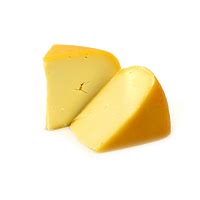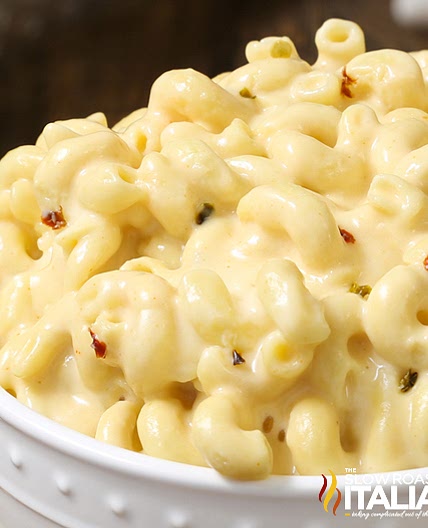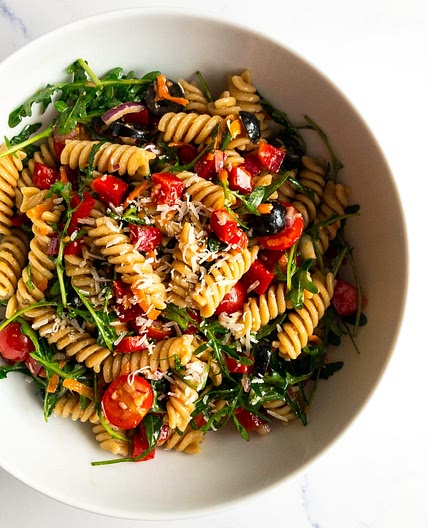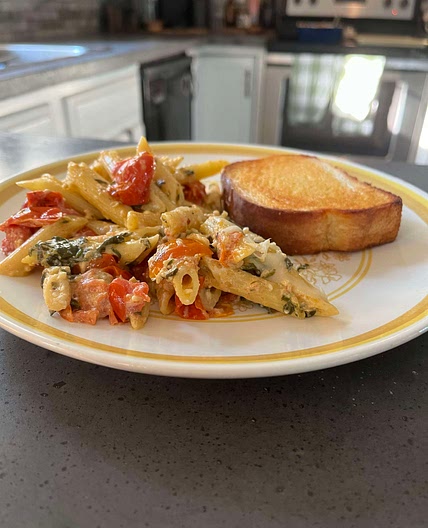Cheese
 Fridge
FridgeCheese, whether it’s the type you throw in a sandwich or the one you melt into a rich pasta dish, is a dairy product made from two main ingredients: milk (sheep, goat, and cow milk, most commonly) and coagulant. Then there are other things which can add flavor, like herbs or brine. The length of time the cheese is left to mature has an effect on the flavor, as you’ll know if you’ve ever enjoyed a good mature cheddar. There’s a lot of debate about whether cheese belongs in a healthy diet. Cheese is a good source of calcium and protein, but it can also be high in saturated fats and sodium. Should we be eating more cheese or less? To a degree, it depends on the types of cheese you eat. There are eight main varieties and all the different types (like brie, camembert, feta, etc.) fall into one of these categories: blue, hard, pasta filata, processed, semi-hard, semi-soft, soft and fresh, and soft-ripened. High-fat cheese like blue (e.g. gorgonzola) are higher in calories whereas semi-hard cheeses and reduced fat and sodium cheeses are lower. And of course, it goes without saying that natural options rather than processed cheeses tend to offer superior nutritional benefits.
Cheese nutrition and vitamin info per 100g
| Energy | 402.489990234375 | kcal |
| Total Fat | 33.310001373291016 | g |
| Carbohydrate Total | 3.369999885559082 | g |
| Sugars | 0.47999998927116394 | g |
| Protein | 22.8700008392334 | g |
| Sodium | 653 | mg |
| Fiber | 0 | g |
10000+ recipes to cook with Cheese
Cheese substitutes
- Vegan substitute
Cheese equivalents and varieties
Cheese safe diets
Cheese cooking tips
 Samsung Food
Samsung FoodTry to buy cheese in small quantities so you only have to store it for a few days. It's worth it because it tastes much fresher when you first buy it.
 Samsung Food
Samsung FoodSoft cheeses, like mozzarella, ricotta and chèvre, are much fresher than their aged counterparts and can spoil very quickly. For the most part, these cheeses should be kept sealed in their original containers.
 Samsung Food
Samsung FoodIdeally, cheese should be kept between 35-45 degrees Fahrenheit. Freezing can cause the texture to degrade, so the best place to store cheese is as far from the freezer as possible.







